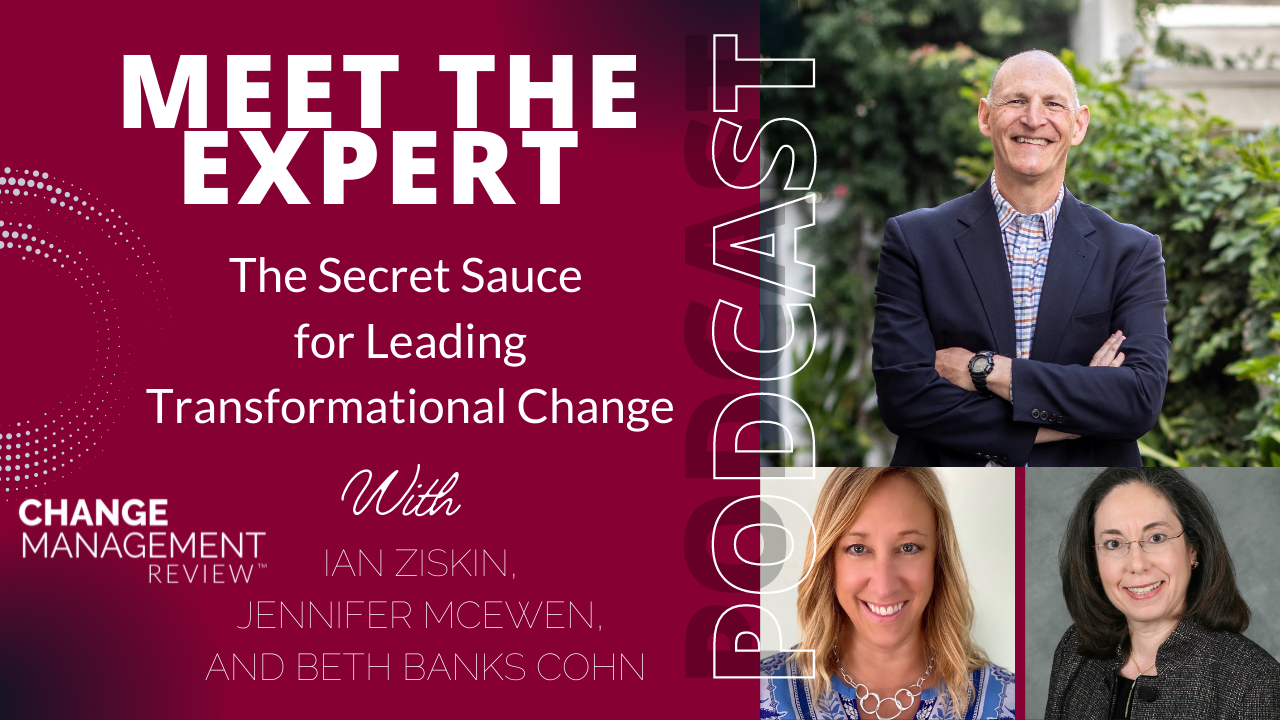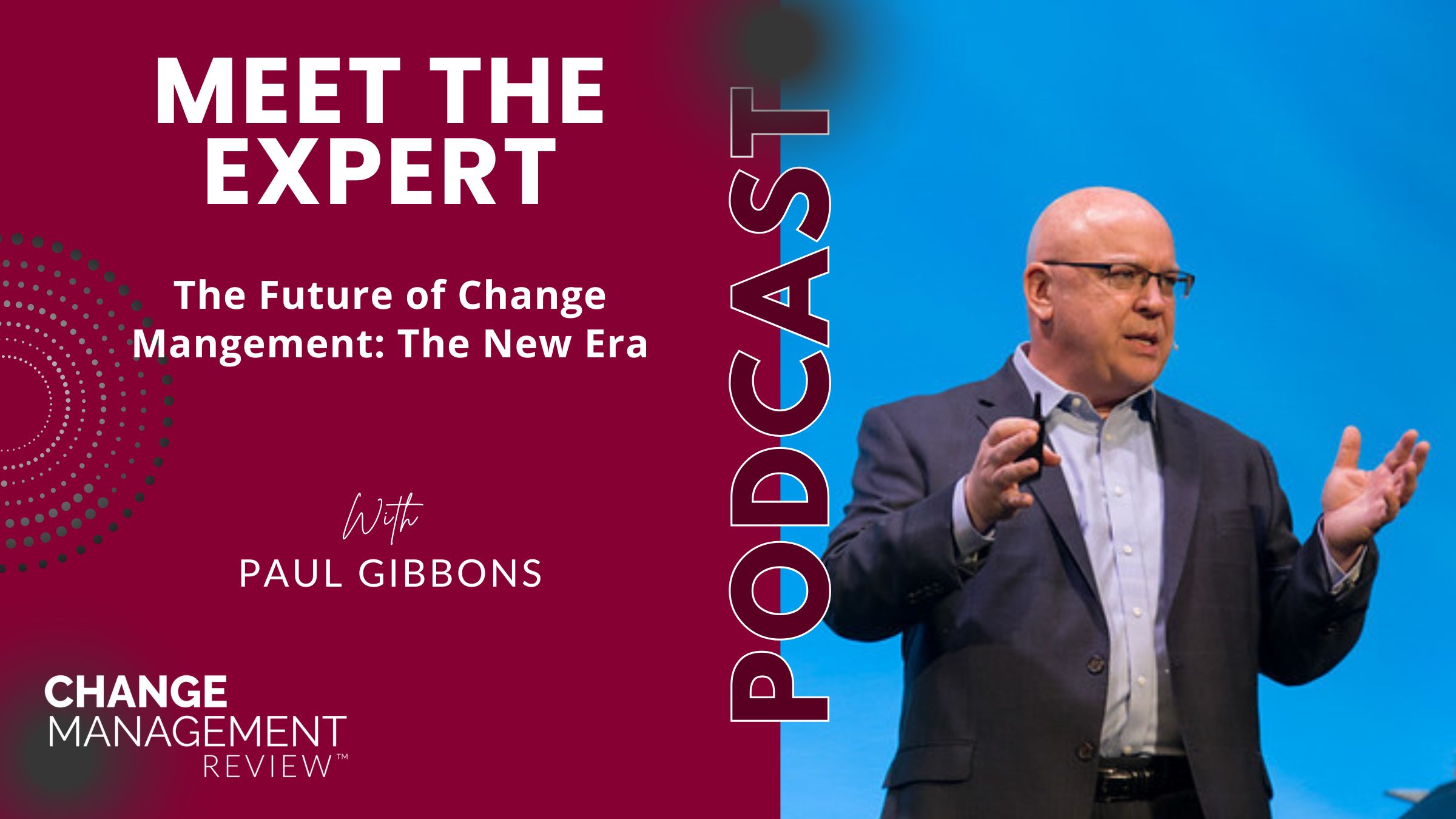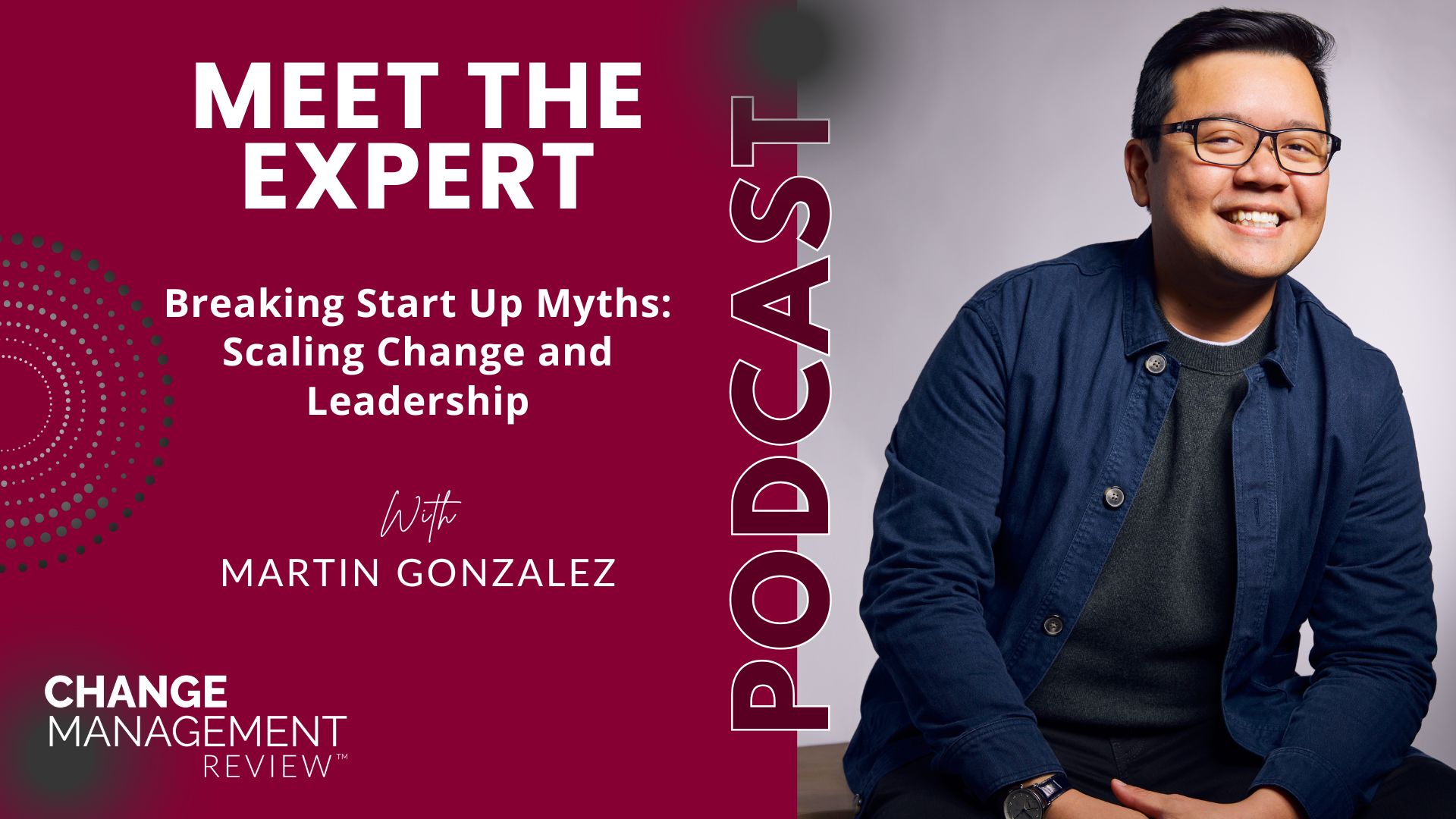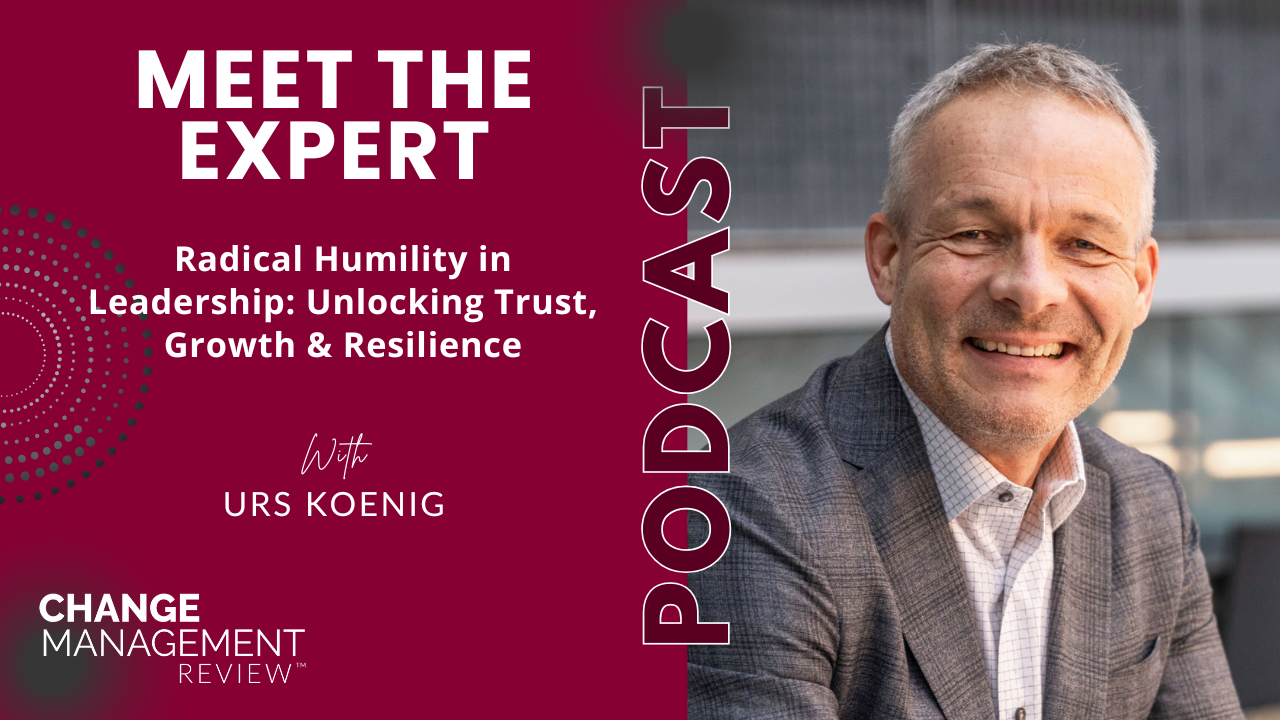“Written by a collaborative, diverse, and inclusive community of contributors and business experts, (The Secret Sauce for Leading Transformational Change) is about leading transformational change on an individual, team, organizational, and societal level.” Author Ian Ziskin is joined by two of the many contributors to this unique book in this podcast with Change Management Review Managing Editor and Consortium for Change member Brian Gorman.
Listen as Ian, Jennifer, and Beth answer questions such as the following:
- Ian, not only did you take the lead in writing The Secret Sauce, you brought together 25 members of the Consortium for Change to contribute essays, there are 8 interviews with senior executives and change practitioners, and a survey of more than 100 leaders and practitioners responding to the question, “What is the single most important action or step a leader or organization can take to ensure successful and lasting transformational change?” What led you to the idea of The Secret Sauce, and to the high level of inclusivity that shaped it?
- The essays in the book are organized based on their focus at the individual, team, or organizational level. Beth, your essay is “Engaging All Three Parts of the Mind to Achieve Transformational Change Buy-In (and Success). It is the first essay in the individual section. What are the three parts of the mind that you refer to, and why is engaging all three so important in transformational change?
- Jennifer, your essay, which is focused on the organizational level, is “Mindset in Organizational Transformation.” You write, “Successful organizational transformation requires a mindset that all people in the system are key to the transformation.” The mindset you call for is based on three principles. Would you briefly describe them?
- While the first three questions were addressed to specific individuals, the next ones are open to everyone. One of the themes that stood out for me is the critical importance of trust in transformation. What are a few key leadership actions that help to build trust, and in what ways do leaders undermine it?
- Another theme that appeared often is that of relationship. When change management methodologies address relationships at all, they tend to do so at the role level (e.g., change sponsors and change agents). What role does relationship play in successful transformation, and how important is it to get beyond roles to person-to-person relationships?
- What did you learn from the survey question, “What is the single most important action or step a leader or organization can take to ensure successful and lasting transformational change?”
- There is so much more in The Secret Sauce that we don’t have time to explore today. But before we wrap up, Ian, one last question for you. What is the recipe for The Secret Sauce for Leading Transformational Change?
About the Guests:
Ian Ziskin, President of EXec EXcel Group LLC, has 40 years of experience as a business and human resources leader, board advisor and member, coach, consultant, entrepreneur, teacher, speaker, and author. His global business leadership experience includes 28 years in Chief Human Resources Officer and/or other senior leadership roles with three Fortune 100 corporations – Northrop Grumman, Qwest Communications, and TRW. Ian has written or co-edited four books, including the focus of this podcast, The Secret Sauce for Leading Transformational Change.
Dr. Beth Banks Cohn, President of ADRA Change Architects, is an accomplished Organizational Consultant, Senior Executive Coach, Entrepreneur, and Thought Leader with more than 25 years of success in helping individuals and organizations use change as a strategic advantage.
Jennifer E. McEwen, Ph.D., Co-Founder of LAITHOS | The Leadership Impact Company, has a track record of over 20 years leading large-scale organizational transformation. As an experienced coach and proven executive in Fortune 100 companies, she works with C-level executives and teams to align leadership, culture, and strategy to improve organizational health and relationships.






